




As a purpose-led company, we know we have a pivotal role to play in addressing the climate emergency. We consider this not only good business, but our duty to channel our technology-enabled expertise and capabilities toward benefitting people and the planet.



We work in partnership, delivering some of the most challenging, diverse and innovative projects and programs globally across multiple sectors. We integrate complex interfaces across planning, procurement and delivery to help unlock better social, environmental and economic outcomes from mega and giga projects.



For more than 30 years, Jacobs has been responsible for planning and implementing Lead and Copper Rule-related strategies which protect millions of people in the U.S. and Canada. Our work includes enhanced water quality monitoring strategies, sampling plan development, harvested pipe-scale analysis, lead service line inventories and replacement plans, corrosion control studies and the incorporation of equity and environmental justice considerations into compliance programs.



As our clients navigate the digital transformation and growing cyber risks, we have positioned ourselves at the forefront of this growth, adding digital capabilities, products and tools to serve a growing set of customers.



Sit down with our visionary team of thinkers, dreamers and doers to see what a day in the life is like.



A curated selection of some of the top-listened to and trending podcast episodes from our popular If/When podcast series, which has over 7M downloads to date.



Together with our visionary partner, PA Consulting, we're establishing our position in high end advisory services, creating a springboard to expand in high value offerings beyond the core.


At Jacobs, we're challenging today to reinvent tomorrow by solving the world's most critical problems for thriving cities, resilient environments, mission-critical outcomes, operational advancement, scientific discovery and cutting-edge manufacturing, turning abstract ideas into realities that transform the world for good. With approximately $16 billion in annual revenue and a talent force of more than 60,000, Jacobs provides a full spectrum of professional services including consulting, technical, scientific and project delivery for the government and private sector.
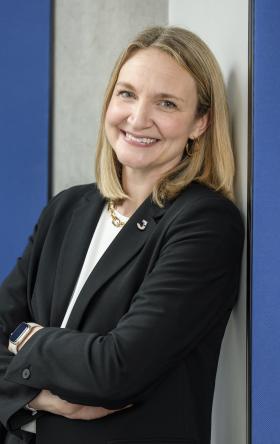


Jacobs. A world where you can.



As climate change threatens water security around the world, more communities are turning to water reuse as a resilient water supply solution and embracing the OneWater principle that all water has value. Jacobs has been supporting clients with water reuse programs for decades, beginning with the first applications of advanced wastewater treatment technologies in the 1960s. We provide our clients with a full range of services, from water reuse feasibility studies to design, construction and operations.



The only certainty about the future is uncertainty. Resilience is an attribute of a smarter planet, and requires planning and adapting ahead of potential threats. We help our clients survive, recover, adapt and thrive.



Jacobs is working to help clients across the United States secure federal funding for projects that make our cities and communities more connected and sustainable. Working hand-in-hand with clients from coast to coast and everywhere in between, Jacobs develops bold, innovative solutions to address the nation’s toughest challenges.



Now more than ever, we appreciate the hard work, sacrifice and dedication of the medical profession in ensuring the health and safety of our communities.



Together, we are stronger. Together, we can transform the future.



We’ve provided design-build services to the water sector for over 25 years and delivered more than 150 projects. We offer fully integrated design-build and design-build-operate capabilities to tackle the most complex water challenges and work in close collaboration with our clients.



Stories that capture our partnerships and innovative impact for a more connected, sustainable world


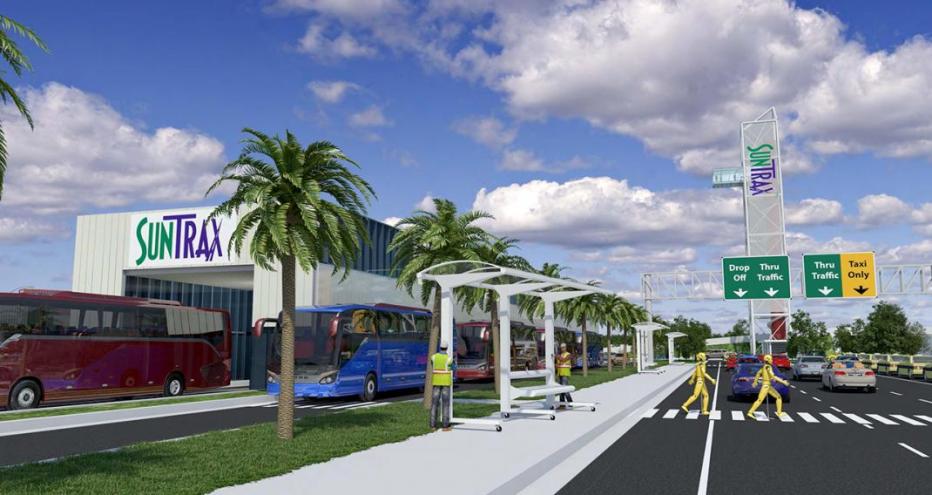
First hitting TV screens in the 1960s, The Jetsons captured the attention of American children for decades with its animated look at the future complete with robots, holograms and flying cars – and until recently, these technologies seemed about as far-fetched as one of the program’s 30-minute episodes.
While envisioning zooming through your commute in a self-driving vehicle might still feel like something straight out of Orbit City, one in three Americans believe that a driverless city – with cars and public transportation operating autonomously – will be reality within the next 10 years, according to a study from Intel.
Self-driving vehicles have certainly been in overdrive during past few years – with Google spinoff Waymo starting its commercial self-driving car service in Phoenix suburbs in late 2018 and Anheuser-Busch and tech company Otto conducting the world’s first commercial shipment by an autonomous vehicle (a 2016 shipment of Budweiser beer across more than 132-miles that holds the Guinness World Record for “longest continuous journey by a driverless and autonomous lorry). Yet, there’s quite a long road ahead for the emerging technology before these vehicles become a regular part of society.
But what if we showed you how Jacobs and a group of Florida organizations are accelerating the future of transportation with a continuously evolving, internationally recognized center for the development of automated driving systems?
acre infield for testing emerging technologies in various simulated scenarios to maximize performance, safety and more
mile oval track for high-speed testing of autonomous, connected vehicles
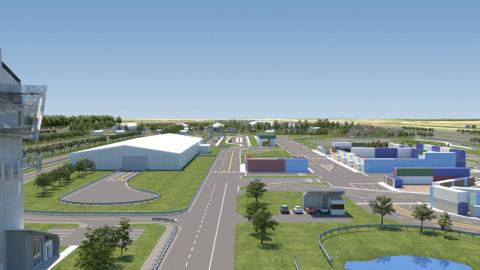
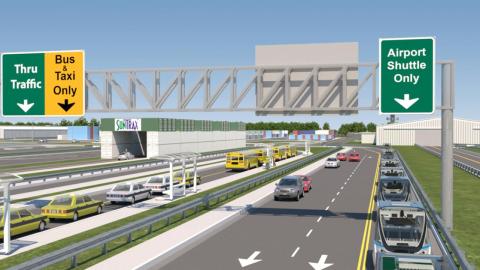
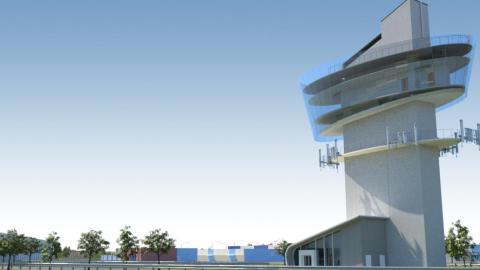
Since 2012, the State of Florida has supported and furthered the safe testing and deployment of autonomous vehicles on public roads, expanding its legislation to allow autonomous vehicles with no human driver in 2016. But not all manufacturers were ready to shift gears into public testing, so Florida’s Turnpike Enterprise (FTE) – a District within the Florida Department of Transportation – and one of its partners, Florida Polytechnic University, set out to create a test facility giving suppliers a more-controlled environment to drive the technology forward, and they engaged Jacobs as principal master planner.
The facility, when complete will include a 2.25-mile oval track (construction for this phase will be complete in mid-2019) on a 475-acre site and will test self-driving vehicles in simulated situations such as rain, fog and smoke. As master planner, Jacobs is developing the layout for 200+/- -acre infield area of the SunTrax facility that includes integrated services, complex road network design and architecture from concepts through construction documents.
The $150 million development for the infield includes a wide variety of scenario testing for automated and connected vehicle technology and focuses on 11 separate proving circuits with multiple urban and suburban intersection conditions, such as the following according to FTE:
The infield will also include an observation tower, multi-bay garages, an administration building with event space, labs, a dynamic terrain course, an 800-foot-long environmental sensory chamber with controlled weather effects and a 20-acre open pad area geared towards the development and testing of segmented reality simulation (AVR) testing for vehicles and sensors.
Part of the Central Florida Automated Vehicle Partnership, SunTrax was selected in 2016 as one of ten federally designated U.S. proving grounds for autonomous and connected vehicles, aimed at sharing information on technologies and testing scenarios.
Safety is a top concern for FTE and its partners and a focus at SunTrax, where testing will help develop the technology as an answer to reduce the number of road accidents. According to the National Highway Safety Administration, 94% of serious crashes are due to human error. Removing human error from the crash equation would help protect more than 35,000 people who die each year in motor vehicle-related crashes.
Development of the technology to the fullest, at proving grounds like SunTrax, will also help unlock other autonomous vehicle benefits such as improving access to healthcare, job opportunities and social interaction for those in need and increasing mobility and maximizing efficiency of traffic flow.
Want to read more? Check out the article in the Orlando Business Journal.